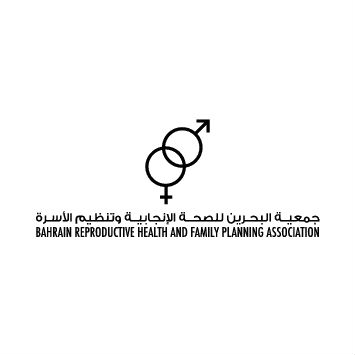

| 31 March 2016
Bahrain Reproductive Health Association
The Bahrain Family Planning Association (BRHA) was founded in 1975, the organization has played a critical role in promoting reproductive health. Bahrain and in achieving government support to adopt necessary policies on reproductive health (RH) including the incorporation of (RH) into the school curriculum. BRHA receives support from the ministries of health, social development, labour, and education, and it partners closely with the upper and lower government house (the parliament and the Shoura Council). BRHA operates a highly successful telephone hotline service which provides counseling and advise on reproductive health to callers from both Bahrain and neighboring countries. The very particular needs and the constraints in Bahrain mean the BRHA is highly focused on advocacy and is limited in its capacity to deliver direct education (RH) services. However, it does run strong information, education and communication (IEC) programs (targeted towards young people and women) and extensive education and literacy initiatives which are particularly designed to reach out to all community groups.

| 31 March 2016
Association Nigérienne pour le Bien-Etre Familial
Since 1996, the Association Nigérienne pour le Bien-Etre Familial's (ANBEF) have been providing a comprehensive range of sexual and reproductive health (SRH) needs and issues including the prevention and management of HIV and AIDS, antenatal and post-natal care, the provision of post-abortion care in clinics and health huts in rural areas, treatment of male and female infertility, and pre-marital counselling. Importantly, the Member Association also trains young people in income-generating activities. ANBEF reaches out to rural and hard-to-reach communities, including street children, sex workers, vulnerable young people and rural populations. Services are delivered by a team of permanent staff, hundreds of volunteers, peer educators and community-based distributors (CBDs). Given that a very high proportion of 15-19 year olds give birth, and risks of maternal death and rates of child mortality are among the highest in the world, ANBEF fulfils a critical need in Niger that is not met by the private sector or government providers. ANBEF’s expertise has been called upon by the Niger government’s Technical Committee for the development of the national IPCD+10 (International Conference on Population and Development) strategy. The Member Association works with non-governmental organizations including CARE International and FCI Partnerships, and it receives funding from UNFPA and Multisector Programmes (IDA/World Bank). ANBEF works closely with other specialist population, planning, youth, HIV and AIDS and sexually transmitted infection (STI) groups in Niger.







